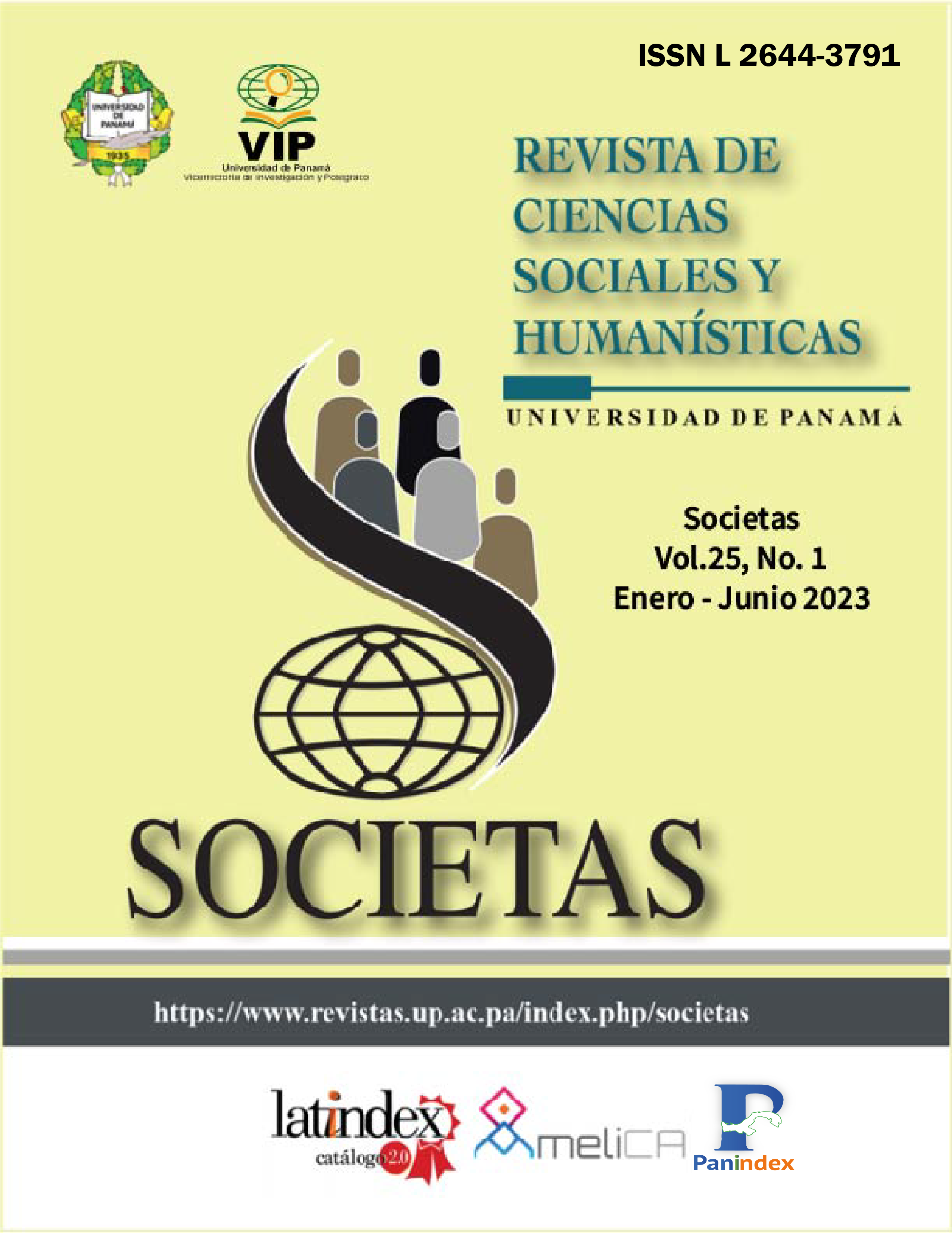


This work is licensed under a Creative Commons Attribution-NonCommercial-ShareAlike 4.0 International License.
This is a descriptive cross-sectional study that analyzes the behavior in the areas of family and socioeconomic functioning in bedridden older adults. The target population was 160 adults receiving health care services at Roberto Ramírez de Diego Polyclinic and the sample consisted of 34 patients, family members and responsible persons. The instrument used was a structured survey and the results were analyzed using the SPSS20 statistical package. The results indicate that: the older adults have insufficient economic income, most of them are property owners, their homes do not have basic infrastructure for their care and attention, but they value the attention programs and their strategies; they consider the family functioning area as pertinent; however, they show weaknesses in the dimensions of permeability, cohesion and roles. Those responsible for the elderly are mostly female family members who have elementary educational levels, are full-time and unpaid. The policies and norms applied by the Institution are considered pertinent for family functioning and the Social Worker is considered to fulfill the roles of counselor, mediator, and generator of family strengthening.